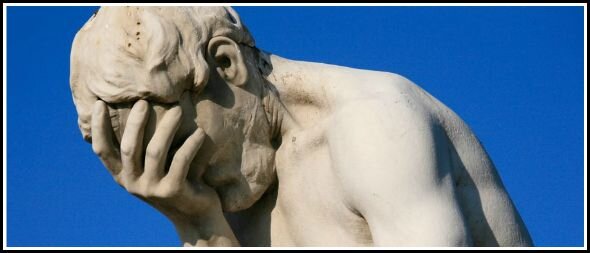Drunk History
The first time I was drunk was at a New Year’s Eve party. In the spirit of the celebration, I imbibed a few too many Harvey Wallbangers. (For those under 50 see Wikipedia). The evening included some embarrassing activities. I was pleased that no one made much of a fuss over my sloppy insobriety.
Which brings me to this week’s Torah reading. The story of Noah includes a boat building project and a sea voyage. The Noah story comes to a close when the yield of a vineyard leads to Noah’s inebriation. Sampling the wine, Noah, while in his tent, becomes intoxicated. This drunken 600-year-old man was found naked and alone.
Ham espies his father’s condition and alerts brothers Shem and Japheth who were outside of the tent. Ham does nothing to help. In the first ever “cover up”, brothers Shem and Japheth covered their father’s nakedness. They turned their backs toward him and led Noah to a dignified rest within his tent. When Noah awoke the next day, he learned of the past evening’s events and cursed his son Ham.
Context is instructive. Noah has outlived every other person of his generation. He rescued all species of animals from the flood. Noah was worthy, resolute and unassailable. In a moment of weakness, Noah drank too much. Perhaps he misjudged his tolerance level. As for the clothes drop, note that Noah was in his own tent at the time.
Noah cursed Ham, the son who discovered his father’s inebriation. Ham didn’t cover his father’s nakedness. Ham embarrassed his father, telling his brothers that daddy is sloshed. Ham’s intentions were neither respectful nor honorable. Had he been concerned for his father, he would have covered Noah immediately. The episode calls Ham’s character into question.
Many of us have behaved poorly in an altered state of mind whether induced by wine, pills or weed. How others respond is Torah’s concern in the final chapter of Noah’s story. And the Torah’s focus is an important lesson for our times.
We live in an era where shaming other people is both sport and entertainment. Powerful people try to gain advantage by calling attention to the errors of their rivals. Television news offers expansive coverage on the foibles of public figures. Does anyone remember much about Wilbur Mills other than his driving drunk into the Tidal Basin with a stripper? As we focus on the drunk history of our public figures, we often disregard their talents and contributions.
To end this era of gossip as news, we can begin by recalling Ham’s distasteful treatment of his father. We can demonstrate appropriate behavior by upholding standards of respect and caring. We should not achieve personal gain by calling attention to inappropriate but forgivable behaviors. As Noah called out Ham, we too should speak against harmful disparagements because little good comes from embarrassment and derision.
Rabbi Evan J. Krame






 Evan J. Krame was ordained as a rabbi by the
Evan J. Krame was ordained as a rabbi by the